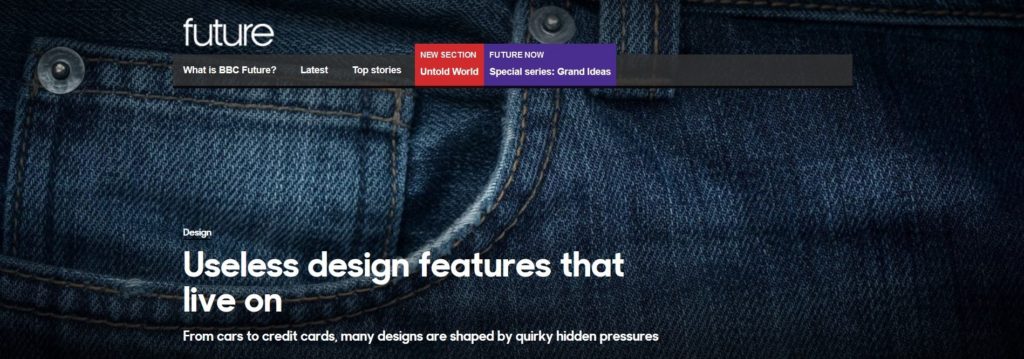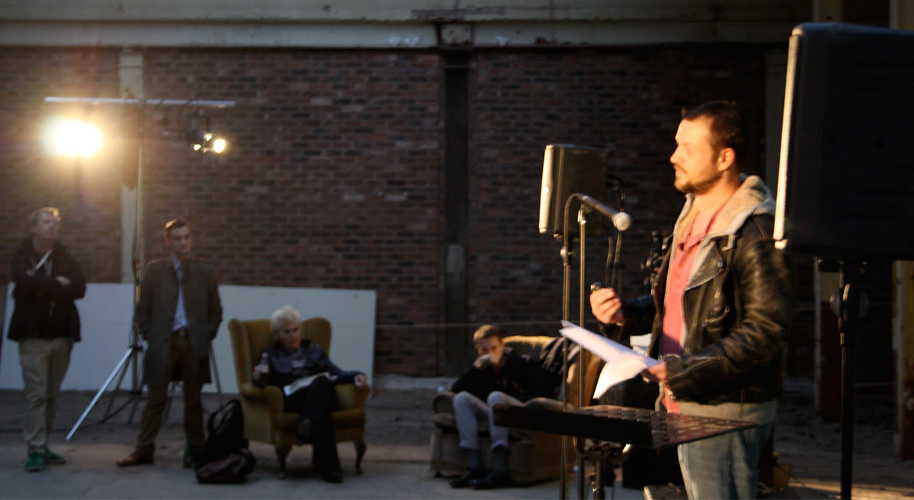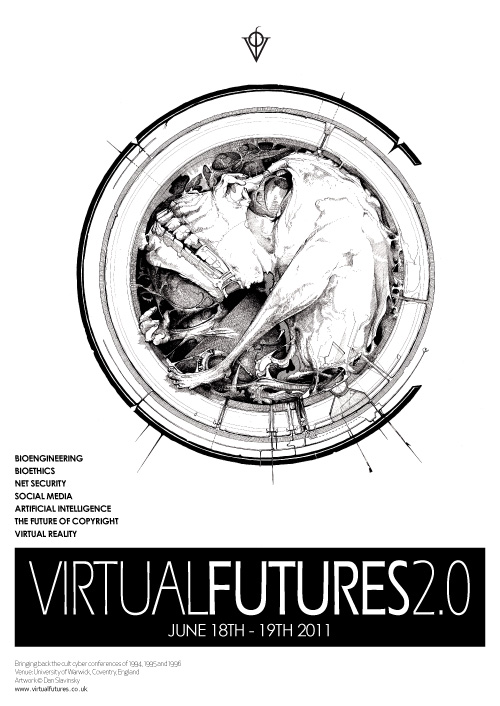None of us is getting out and about much during a pandemic. And that means public events and conferences just aren’t happening. But publications still are. Here are two recent ones.
The American Weird, edited impeccably by Julius Greve and Florian Zappe, has just come out from Bloomsbury and is now on sale. The opening chapter is ‘A Doxa of the American Weird’, laying out the prehistory of the weird, from Anglo-Saxon usage via Holinshed and Shakespeare to American colonization, and showing how the concept in American literature and culture follows this earlier definition rather than our modern English one, from 17th-century American poetry to current film and fiction.
Virtual Futures: Near-Future Fictions is an anthology of some of the best stories that think about what’s going to happen not in a hundred years, or ten, but tomorrow. It’s also on sale now. A second volume is coming soon.
And earlier this year there was yet another flurry of interest in skeuomorphism, with Quartz magazine producing an excellent illustrated explainer, which you can read here.









 Contact
Contact